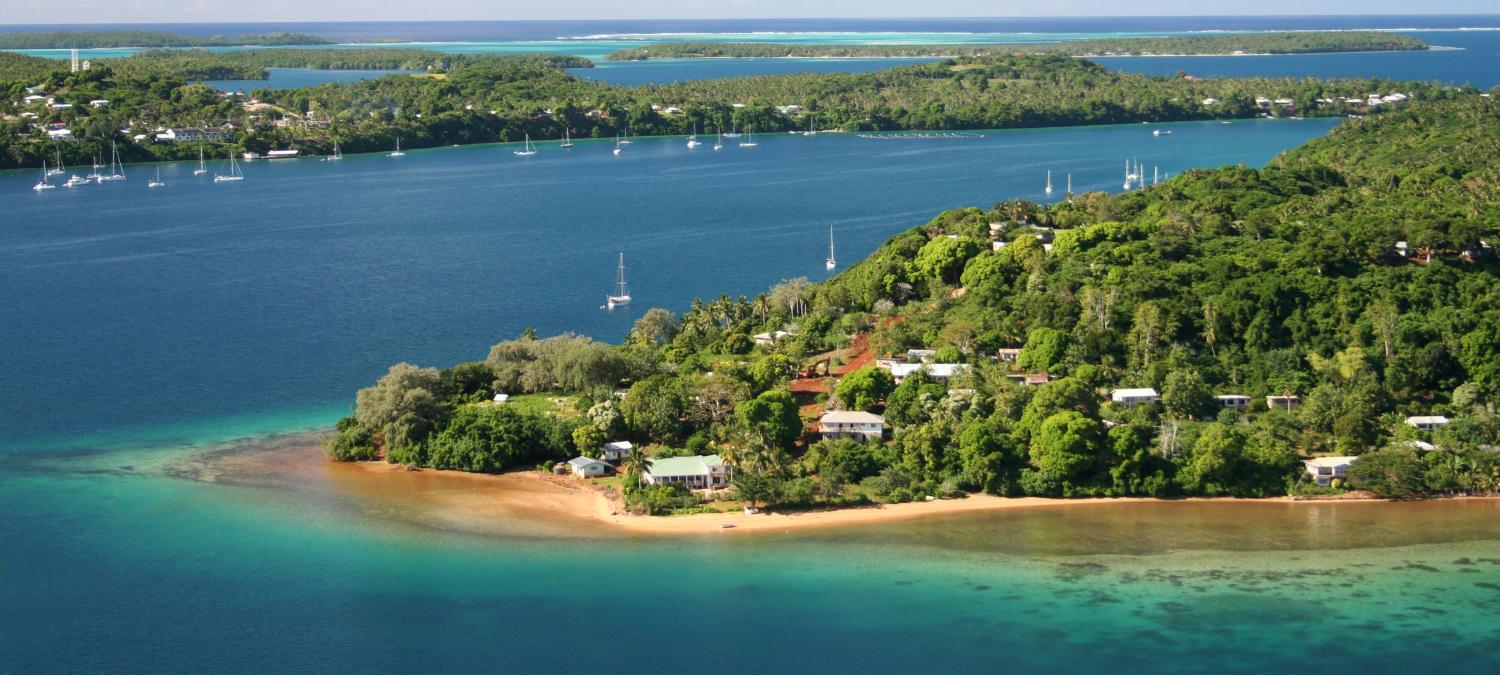Harriet Smith is an intern in the Melanesia Program, Lowy Institute.
As the LGBTQ+ community in Australia continues the struggle for marriage equality, some are asking what impact this will have for our neighbours, especially in nations which still criminalise homosexuality. With the bill to hold a mariage-equality plebiscite passing the House of Representatives, but looking set to fail in the Senate, the issue has received significant media attention, and this has permeated throughout the Pacific, where Australian media is widely consumed.
When marriage equality was achieved in the US, the change prompted Fiji’s Prime Minister Frank Bainimarama to make derogatory public comments about lesbians. This despite Fiji being the first Pacific Islands nation to give sexual and gender minorities protection against discrimination, in Article 26 of the 2013 constitution. Shamima Ali, the head of the Fiji Women’s Crisis Centre, noted that while acceptance of the gay community in Fiji is increasing, especially in the capital, leaders must encourage tolerance. Prime Minister Bainimarama’s comments clearly demonstrate that international discussion of LGBTQ+ rights has a discernible impact on Pacific nations.
At the recent Olympics, there was a sad reminder from Tongan athlete Amini Fonua that in many parts of the world, homosexuality is still illegal. He criticised a journalist who created a false dating profile to lure in gay athletes at the Olympics and out them, potentially putting their lives in danger for those who come from countries where homosexuality is illegal. In the Pacific region alone, seven countries still criminalise homosexuality (Cook Islands, Kiribati, Papua New Guinea, Samoa, Solomon Islands, Tonga, and Tuvalu; homosexuality was only decriminalised in Nauru in 2016). For those living under the threat of jail because of their sexuality, the right to marriage may not be a priority, and regional debate around the issue may spark tension. This backlash could take many forms, such as increased public homophobic rhetoric, religious condemnation, or even violent backlash, as was faced by LGBTQ+ activists in Uganda in response to calls for rights.
The impact of colonisation in the Pacific has been far reaching, as it spread both the legal system of the colonial powers and the moral values behind this system. Human Rights Watch points to a corroboration between countries colonised by the British Empire, and those that have had laws that criminalise homosexual conduct. This included Australia, Fiji, Nauru, New Zealand, Papua New Guinea, Solomon Islands, Tonga, and Western Samoa.
Many nations which inherited these laws from the British defend them as products of nationalism and traditional culture, and paint homosexuality as a Western vice, forgetting that the West brought these laws forbidding it in the first place, as seen extensively in African nations. This even occurs in countries which may have had a much broader conceptualisation of gender and sexuality prior to colonisation – for example, the Fa’afafine in Samoa. The traditional values which many call on to oppose LGBTQ+ human rights may not be traditional at all.
Western media tends to only focus on a few narrow conceptions of LGBTQ+ sexuality, forgetting that there are many broader local conceptions which may not associate with this acronym - Pacific understandings of gender and sexuality are often different to those in the West, and LGBTQ+ labels may carry a stigma in parts of the Pacific.
Some Pacific states have indicated that they may repeal their laws against homosexuality, but others such as PNG have signalled the opposite, and the discussion is ongoing in Tonga. In a worst-case scenario, substantial public backlash around marriage equality could push back the decriminalisation of homosexuality in these nations. It may also drive the LGBTQ+ community further underground in overtly homophobic places and increase instances of hate crimes and discrimination. This could even cause loss of life, as seen just recently in PNG, where a young man was murdered because of his sexuality.
Both the LGBTQ+ community and the broader Australian public have a responsibility to pay closer attention to how this issue will affect the Pacific Islands, and to limit the harm which could occur.
Photo by Flickr user John Abel.

